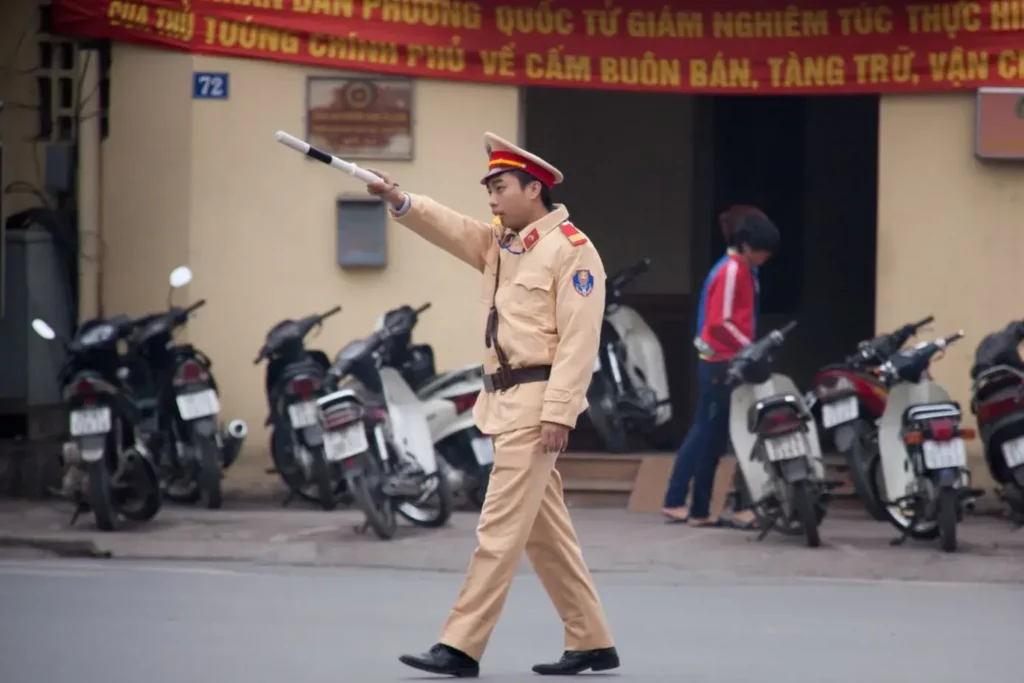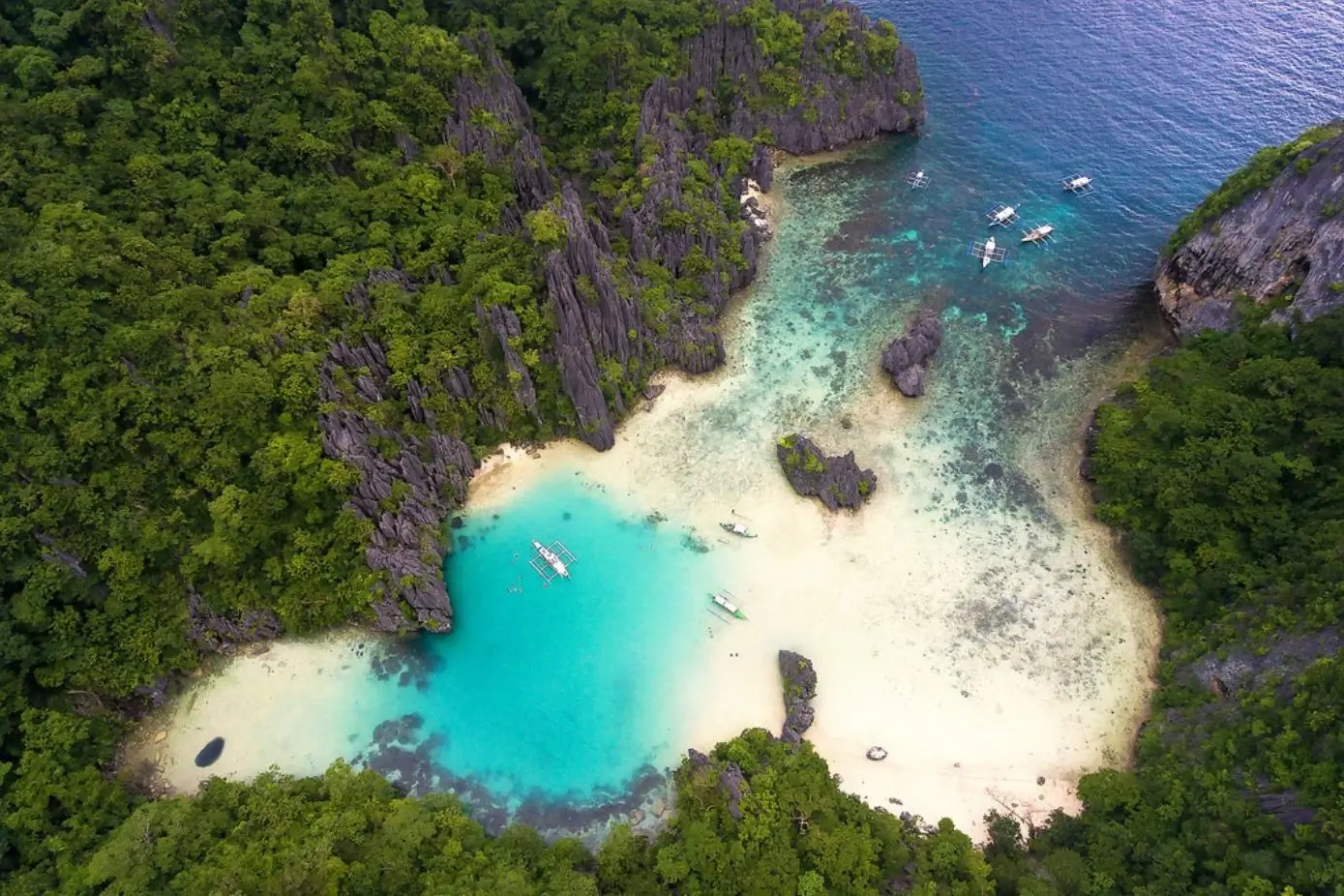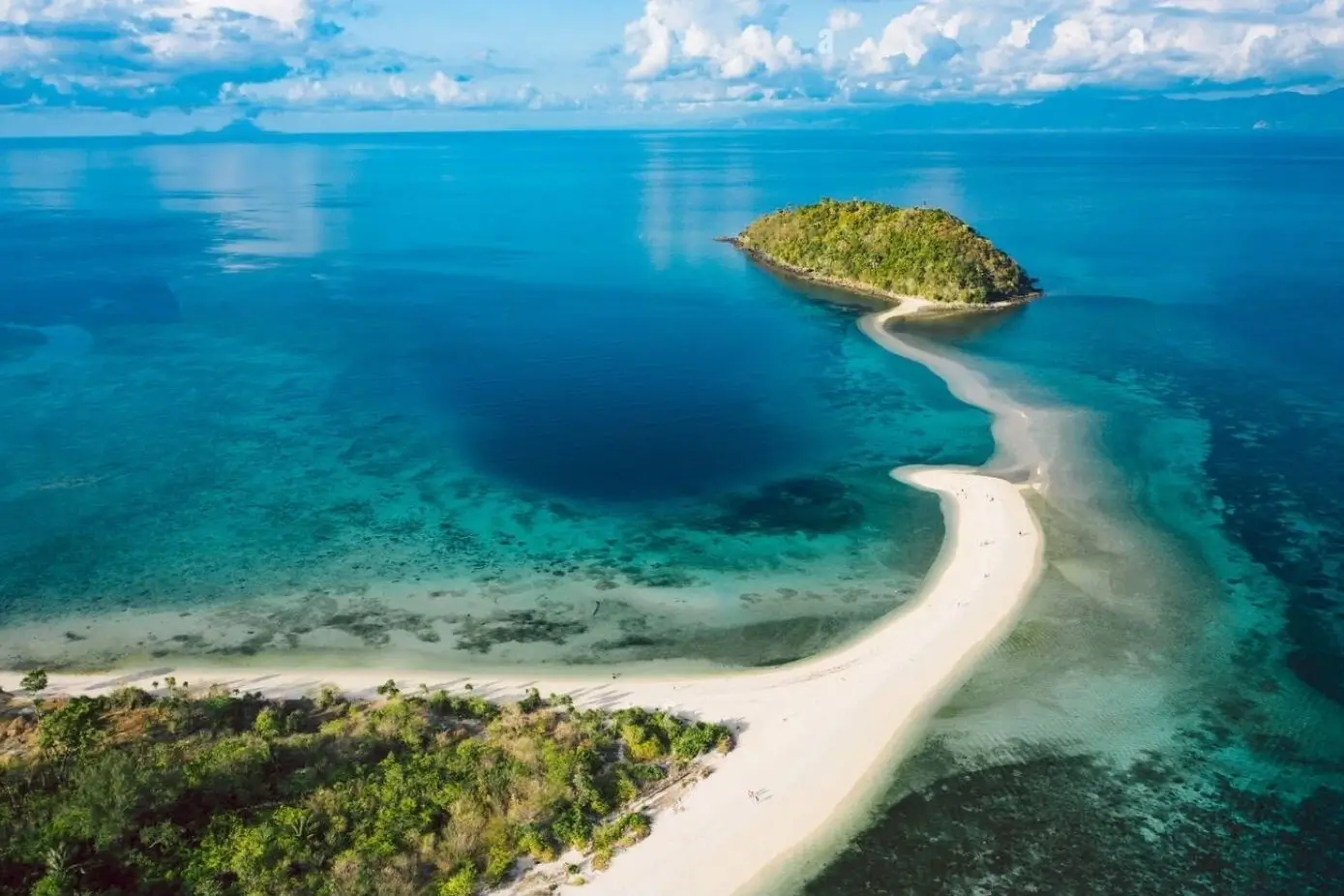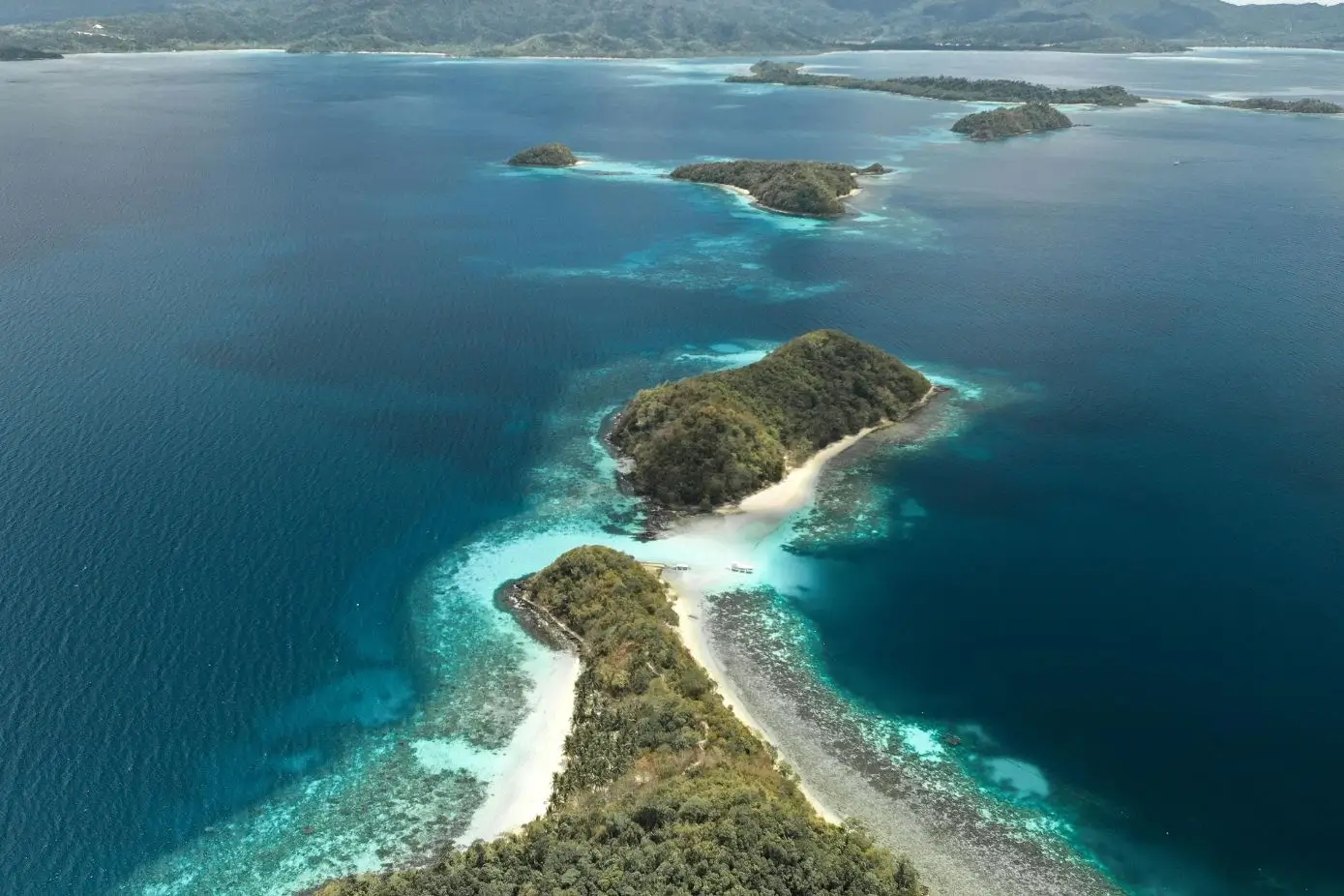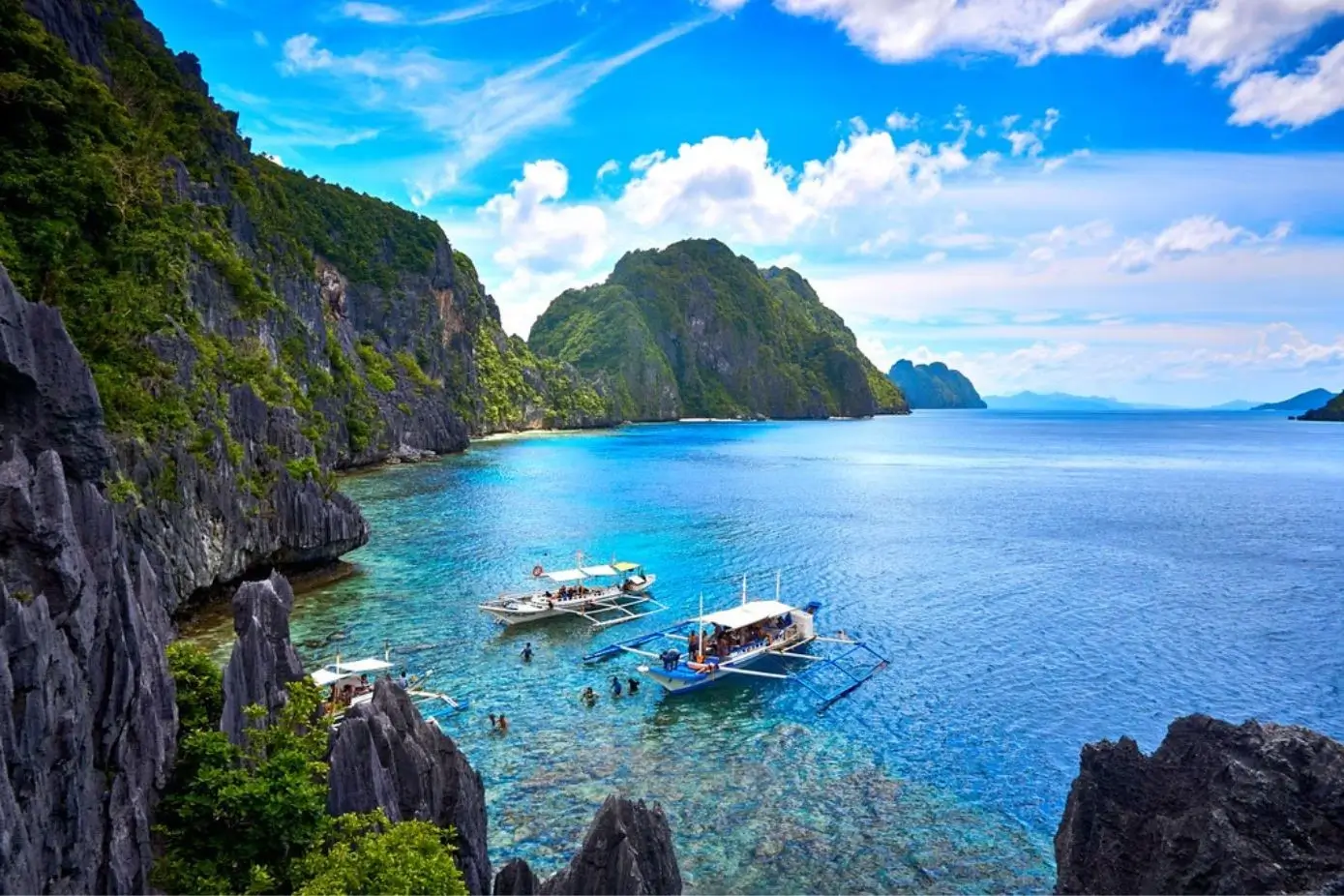Vietnam, a land of breathtaking natural beauty and rich cultural heritage, beckons travelers from around the globe. While it’s an exciting destination, understanding the safety landscape is crucial for any visitor. This guide breaks down everything you need to know to stay safe in Vietnam while enjoying the wonders of this wonderful country.
Is Vietnam Safe?
Vietnam is relatively safe when it comes to serious crimes. However, petty theft and scams are not uncommon in tourist areas. Keep your belongings secure and stay aware of common tourist-targeted scams.
| Safety Aspect | Details |
|---|---|
| Crime Rate | Generally low; petty theft most common in tourist areas. |
| Traffic Safety | Chaotic, especially in cities; caution advised for pedestrians and drivers. |
| Health Care | Good in major cities; varies in rural areas. |
| Women and Solo Traveler Safety | Generally safe with standard precautions. |
| Emergency Contacts | Police: 113, Ambulance: 115, Fire: 114 |
Petty Crime in Tourist Areas
- Pickpocketing and Bag Snatching: These are the most common crimes that tourists might encounter, especially in crowded areas like markets or tourist hotspots.
- Safety Measures: Use anti-theft bags, avoid displaying expensive jewelry or gadgets, and be cautious when using smartphones in crowded places.
Scams and Overcharging
- Common Scams: Tourists might encounter scams such as rigged taxi meters, overpriced tours, or street vendors charging exorbitant prices.
- Avoiding Scams: Agree on prices before services are rendered, use reputable taxi services or ride-hailing apps, and book tours through trusted agencies.
Essential Tips to Stay Safe in Vietnam
- Stay Vigilant: Keep an eye on your belongings, especially in busy markets and streets.
- Scam Awareness: Be wary of common scams aimed at tourists, such as overpriced tours or goods.
- Weather Awareness: From May to October, the monsoon season brings heavy rains and potential flooding, particularly in central and northern regions. Coastal areas, especially in central and northern Vietnam, can be affected by typhoons. Stay updated on weather alerts and follow local advice on evacuations or safety measures.
Safety in Major Cities
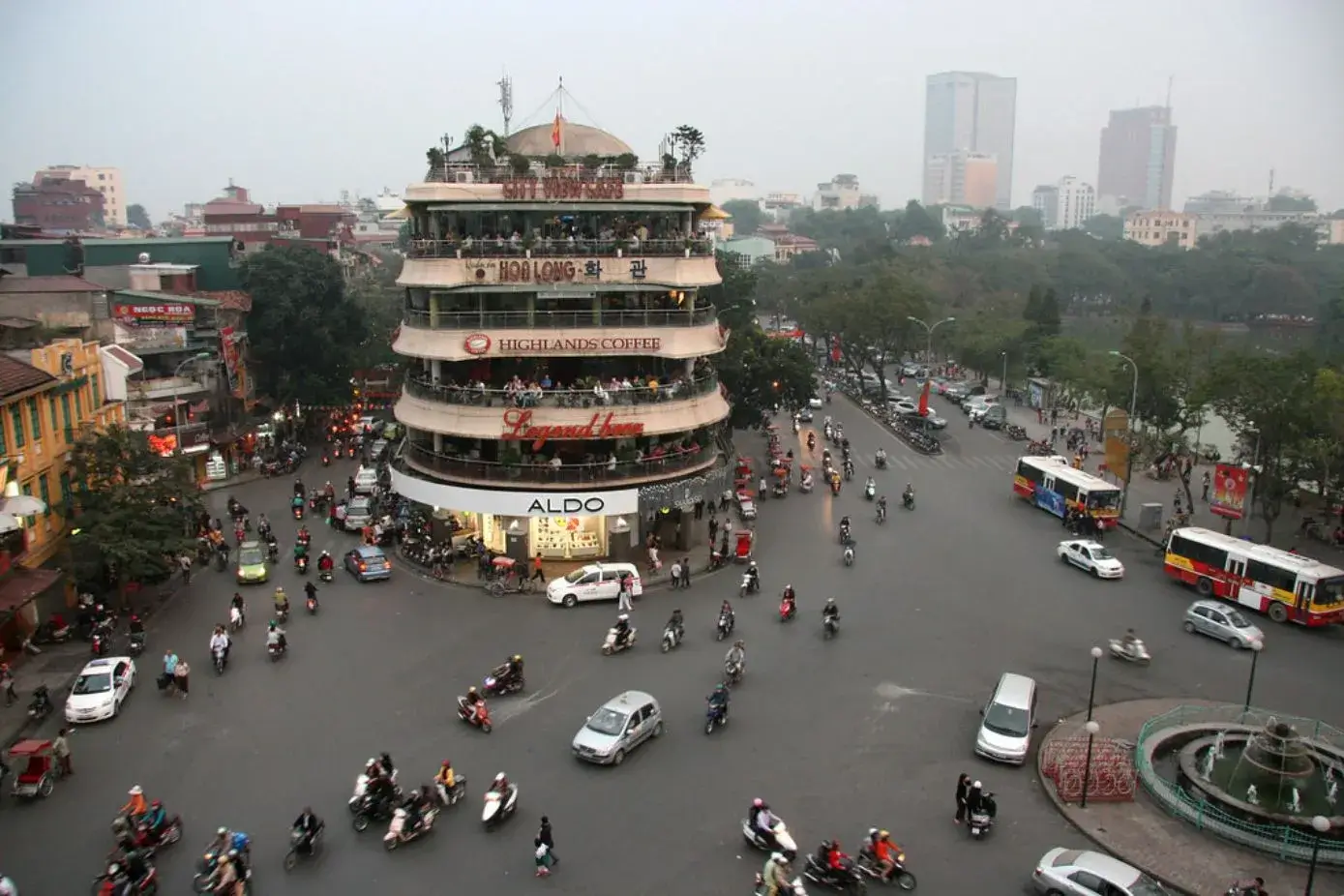
Hanoi: This bustling area is safe for tourists, but be vigilant against pickpocketing and bag snatching. Hanoi’s traffic is notorious. Exercise extreme caution when crossing streets and consider using pedestrian bridges where available.
Ho Chi Minh City: While exploring Bui Vien Street, the popular backpacker street, be mindful of your belongings, especially at night when the crowd swells. Be cautious of motorbike scams and overcharging by taxis. Using ride-hailing apps like Grab is recommended for safety and fair pricing.
Da Nang: Da Nang’s beaches are relatively safe. However, avoid secluded areas, especially after dark, and be mindful of your belongings when swimming. Tourist police in Da Nang are approachable and provide assistance in English in case of any concerns.
Traffic and Transportation Safety in Vietnam
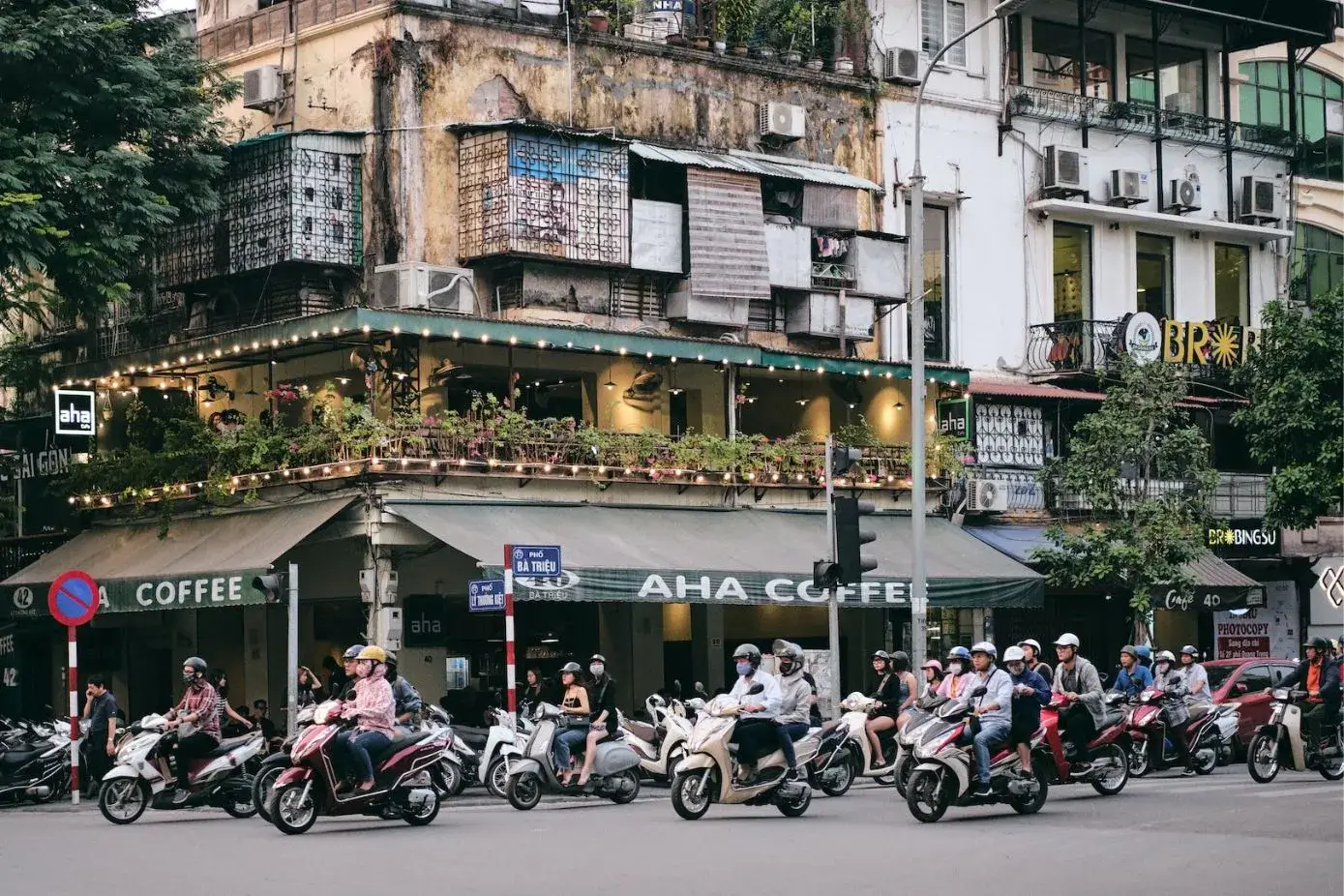
Vietnamese traffic is notorious for its density and unpredictability, particularly in major cities like Hanoi and Ho Chi Minh City.
Traffic and Transportation Tips
- Pedestrian Safety: Always be alert when crossing streets; motorcycles and cars may not always follow traffic signals.
- Transport Choices: Use reputable taxi companies or ride-hailing apps like Grab. Verify the taxi’s authenticity before getting in.
- Traffic Accidents: In case of a traffic accident, try to move to a safe area and contact local police. Avoid confrontations with other parties involved.
- Rental Vehicle Accidents: If you’re renting a vehicle, inform the rental agency immediately after any accident.
Health and Medical Care
While healthcare in Vietnam’s major cities is of good quality, facilities in rural areas may lack certain medical services.
Health Precautions
- Travel Insurance: Opt for comprehensive travel insurance that covers health emergencies, trip cancellations, and loss of belongings.
- Medical Access: Carry a basic first aid kit and be aware of how to access healthcare services, especially if traveling to remote areas.
- Vaccinations and Medications: No vaccinations are required, but it’s recommended to have shots for Hepatitis A, Typhoid, and Tetanus.
Is Vietnam safe for Women and Solo Travelers?
Vietnam is considered safe for women and solo travelers. However, like any travel destination, certain precautions are essential to ensure a safe and enjoyable trip.
Safety Measures
- Avoid Isolated Areas: Especially at night, stick to well-lit and populated areas.
- Dress Appropriately: Respect local customs and dress modestly, especially when visiting religious sites.
- Local Interactions: Vietnamese people are generally friendly and hospitable. However, be cautious when making new acquaintances and avoid sharing too much personal information.
- Group Activities: Joining group tours or activities can be a great way to meet fellow travelers while exploring safely.
Areas of Caution
While Vietnam is broadly safe, certain areas might require extra caution, such as remote border regions or areas with less tourist traffic.
Travel Advice
- Stay Informed: Keep up with local news and travel advisories, particularly for areas near borders.
Emergency Procedures and Contacts for Staying Safe in Vietnam
Knowing what to do in an emergency is crucial for any traveler in Vietnam.
- Police: Dial 113 for the police in case of theft, accidents, or safety threats.
- Medical Emergencies: Dial 115 for an ambulance. Be aware that ambulances might have limited medical equipment compared to Western standards.
- Fire Services: In case of a fire, dial 114 immediately.
Final Thoughts
Vietnam is a captivating destination that can be enjoyed safely with proper awareness and preparation. Whether exploring the bustling streets or the serene countryside, knowing these safety tips will ensure a memorable and worry-free experience.
FAQ
Street food is generally safe, but choose vendors that are popular and where you can see the food being prepared.
It’s advisable to drink bottled or boiled water, as tap water may not be safe for drinking.
Contact local authorities immediately and seek medical attention if needed. Inform your embassy if serious.
Yes, but be prepared for heavy rains and potential flooding in certain regions. Always check weather forecasts.

